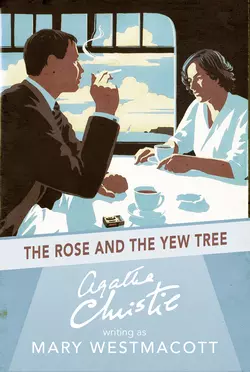The Rose and the Yew Tree

Агата Кристи
Тип: электронная книга
Жанр: Современная зарубежная литература
Язык: на английском языке
Стоимость: 996.84 ₽
Статус: В продаже
Издательство: HarperCollins
Дата публикации: 16.04.2024
Отзывы: Пока нет Добавить отзыв
О книге: A captivating novel of love and intrigue.Everyone expected Isabella Charteris, beautiful, sheltered and aristocratic, to marry her cousin Rupert when he came back from the War. It would have been such a suitable marriage. How strange then that John Gabriel, an ambitious and ruthless war hero, should appear in her life. For Isabella, the price of love would mean abandoning her dreams of home and happiness forever. For Gabriel, it would destroy his chance of a career and all his ambitions…Famous for her ingenious crime books and plays, Agatha Christie also wrote about crimes of the heart, six bittersweet and very personal novels, as compelling and memorable as the best of her work.